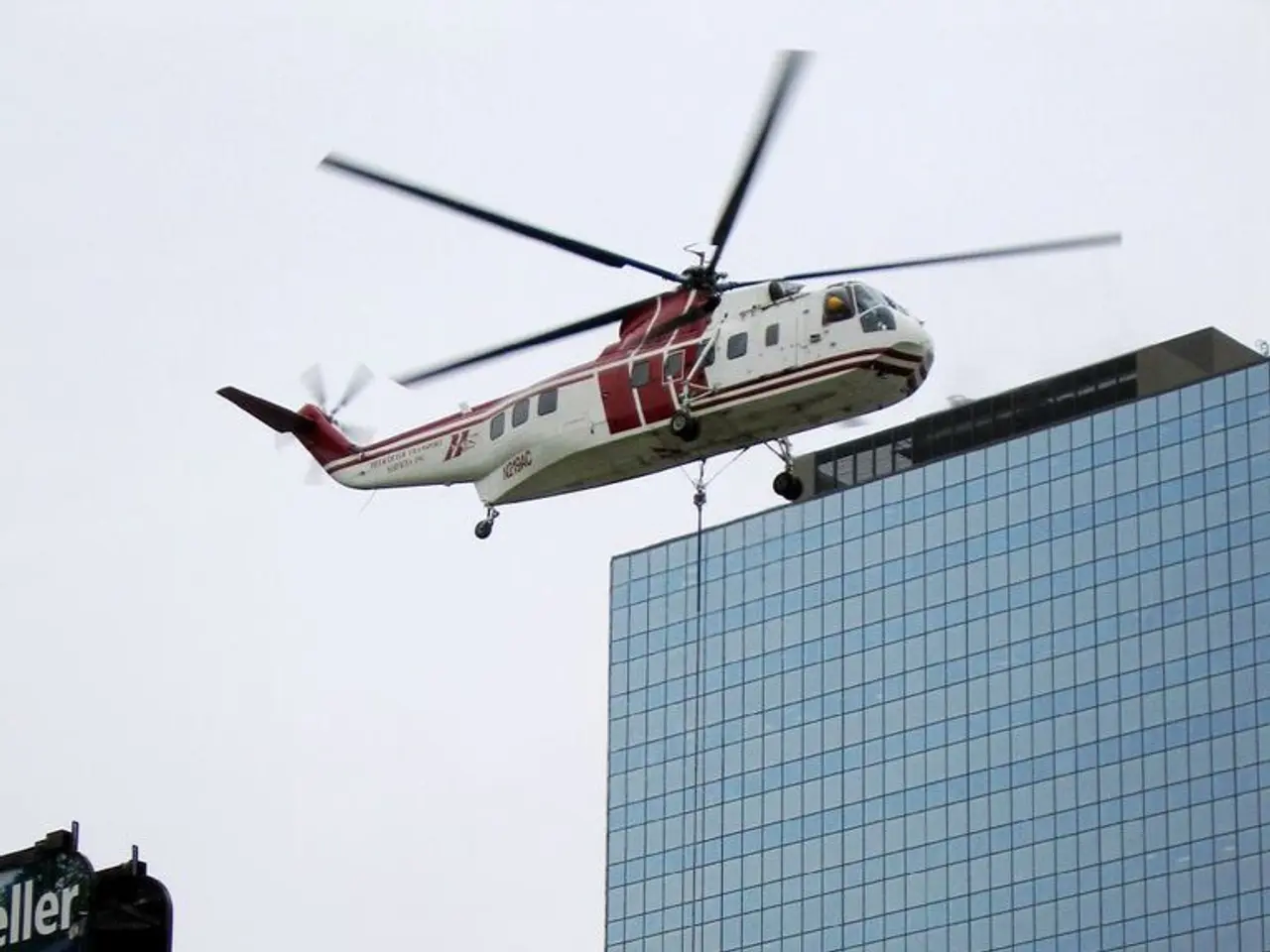The Professional Who Designs Drones' Engineering Components
In the world of drone technology, a team of dedicated engineers work together to create functional and efficient drone systems. Each specialist brings their unique expertise to the table, contributing to the overall success of drone development.
At the heart of drone design is the role of Aerospace Engineers. They are responsible for the flight dynamics and aerodynamics of the drone, ensuring stable and efficient flight. Their work encompasses the design of the drone's airframe and propulsion systems, striving for optimal performance.
Electrical Engineers play a crucial part in drone development, designing the power systems, circuitry, and sensors that control and power the drone. They manage power systems, integrate batteries, motors, and sensors, and implement GPS modules and remote communication interfaces.
Mechanical Engineers focus on the propulsion mechanisms, materials, and structural design of the drone. They work tirelessly to ensure durability and weight optimization, designing and testing propellers, motors, and gears. Thermal management and mechanical stress are also areas of their expertise, ensuring parts are efficiently assembled and maintainable.
Computer and Software Engineers are the brains behind the drones, developing the autopilot software, navigation, and control algorithms that enable drone operation and stability. They bring the intelligence to drones, enabling navigation, image processing, and communication.
Mechatronics Engineers specialize in integrating mechanical, electrical, and software components within the drone. Often working on microcontrollers and robotics systems, they ensure these components work seamlessly together.
Robotics Engineers are particularly important for autonomous drones, developing AI-based navigation, object recognition systems, machine learning algorithms, and robotic arms for tasks like pickup and drop-off.
As drones move from the design phase to real-world deployment, additional roles become crucial. UAV Systems Engineers focus on system integration, field testing, tuning control parameters, diagnostics, and mission planning, ensuring the drone operates reliably in various conditions.
Drone Software Developers specialize in programming flight control software, autonomous navigation, obstacle avoidance, and creating mobile applications for drone control.
Drone Data Analysts process and analyze sensor data collected by drones to produce actionable insights, maps, 3D models, or reports. Their work helps in making informed decisions based on the data gathered by drones.
Lastly, Drone Operations Managers oversee the program management, compliance, team coordination, and safety procedures of drone operations. They ensure that drone deployments are carried out safely and efficiently.
Each of these engineers plays a vital role in drone development and deployment, combining expertise from aerospace, mechanical, electrical, computer science, and robotics fields to build and operate drones effectively.
[1] [Source 1] [2] [Source 2] [3] [Source 3]
Robotics engineers incorporate artificial intelligence, machine learning, and technological advancements to develop AI-based navigation, object recognition systems, and robotic arms, making drones autonomous.
Machine learning, artificial intelligence, and robotics engineering are integral to the work of engineers specializing in autonomous drones, allowing for navigation, object recognition, and autonomous operations.




